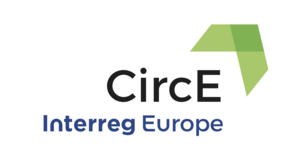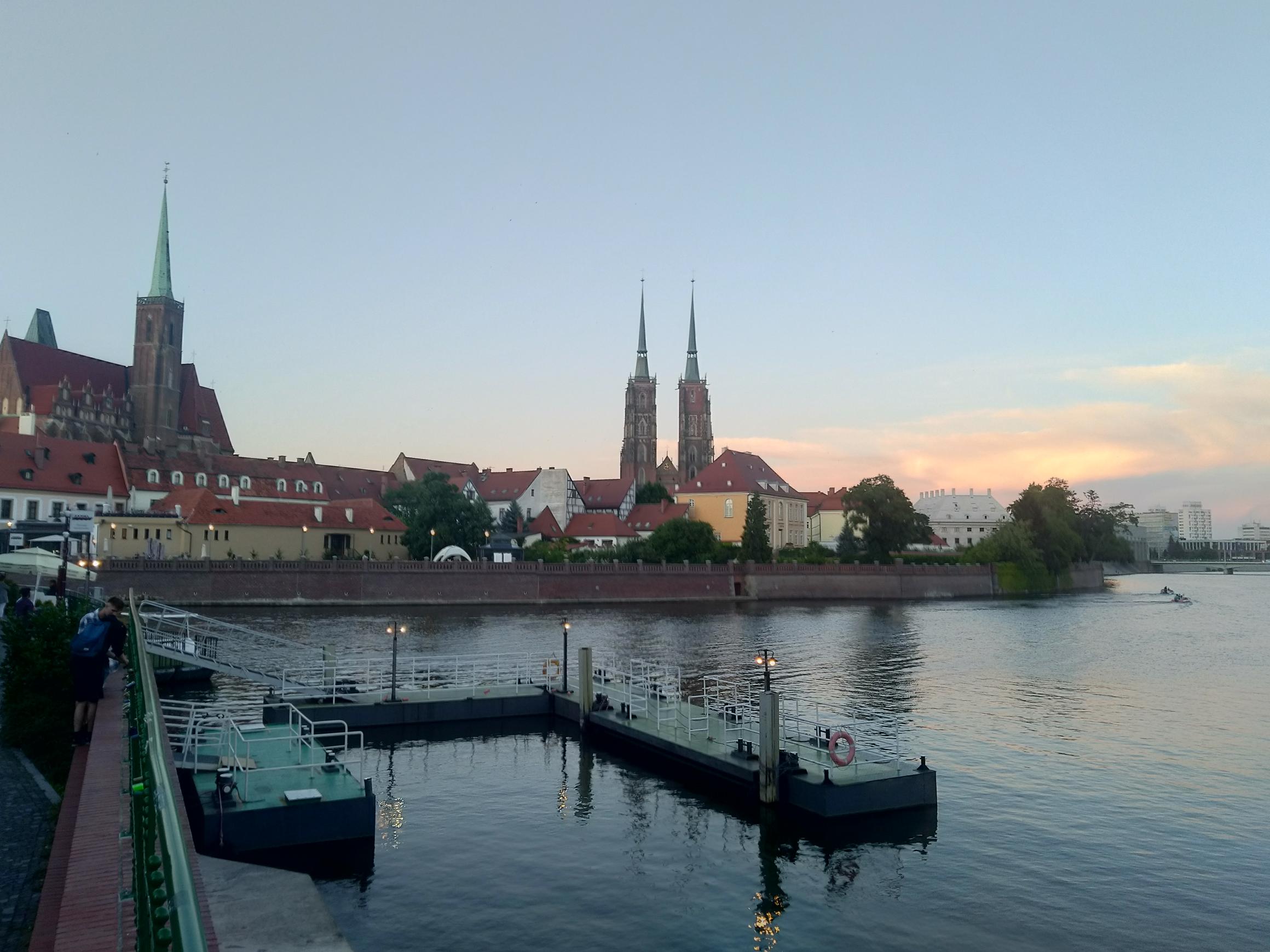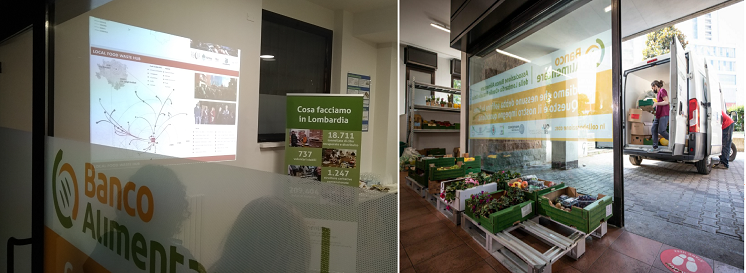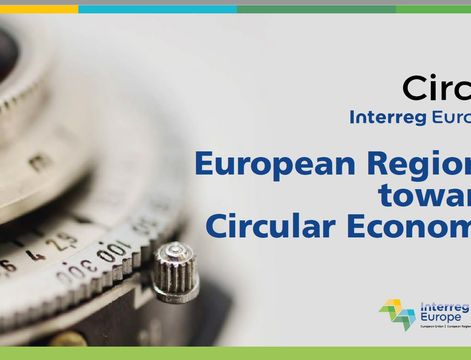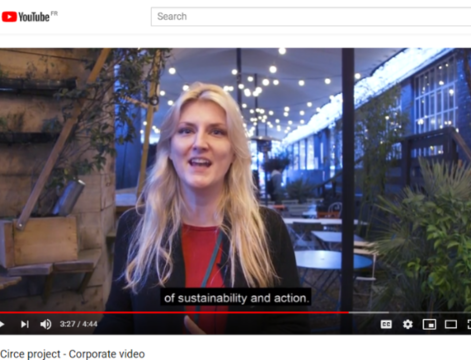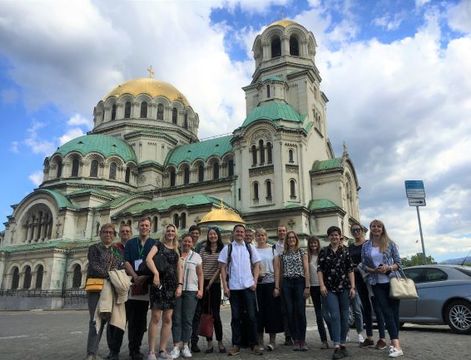Two Urban Innovative Actions (UIA) selected projects from Slovenia - Maribor`s Urban soil 4 food and Ljubljana`s Applause have presented themselves to public at a joint kick-off meeting in January in Maribor.
URBAN SOIL 4 FOOD is a project which will establish Innovative Urban Soil Based Economy Circles to Increase Local Food Self-sufficiency and Minimize Environmental Footprint.
For the next three years, the Wcycle Institute and its partners will set up a new way of acquiring fertile land, using two materials that today are considered as waste. The biological wastes that the city today hand over to another contractor and must be paid and the land that remains in the construction excavations and means cost, although most of the soil disappears in the unknown. Two of today's waste materials are supposed to produce a soil with high nutritional value in the future. For citizens, the probably most welcoming news is that within the Urban soil 4 food project, will ensure 7000 square meters of urban gardens, as demand for land for urban gardening is high.
APPLAUSE is a project which focuses on alien plant species and a way to take them from harmful to useful with citizens' led activities.
In Slovenia there are no special landfills for invasive alien plant species, so all collected biomass is taken to incinerators. Ljubljana, as a “Zero waste City”, recognized the potential of setting up a systematic participatory model which uses collected biomass to develop new sustainable products. One of the biggest challenges will be to develop successful and trustworthy circular economy models, finding new use for all parts of collected IAPS and upcycling the residual materials. Educational function (at least 2,350 citizens trained how to identify, collect and process IAPS) is highly emphasized, requiring the inclusion of the widest range of Stakeholders. During the project new greener and nonconventional processes and techniques will be used to produce paper from IAPS by using enzymes. It is expected to collect more than 45.000 kg of IAPS as raw material for wood and paper production and to generate new high added-value products as by-products during this transformation process.
